
Art, culture & entertainment | 31.1.2025−30.6.2026
Hanaholmen will close its doors for Christmas on December 21, 2025 at 12:00 noon. We will reopen on January 9, 2026, at 7:00 a.m. Happy holidays!


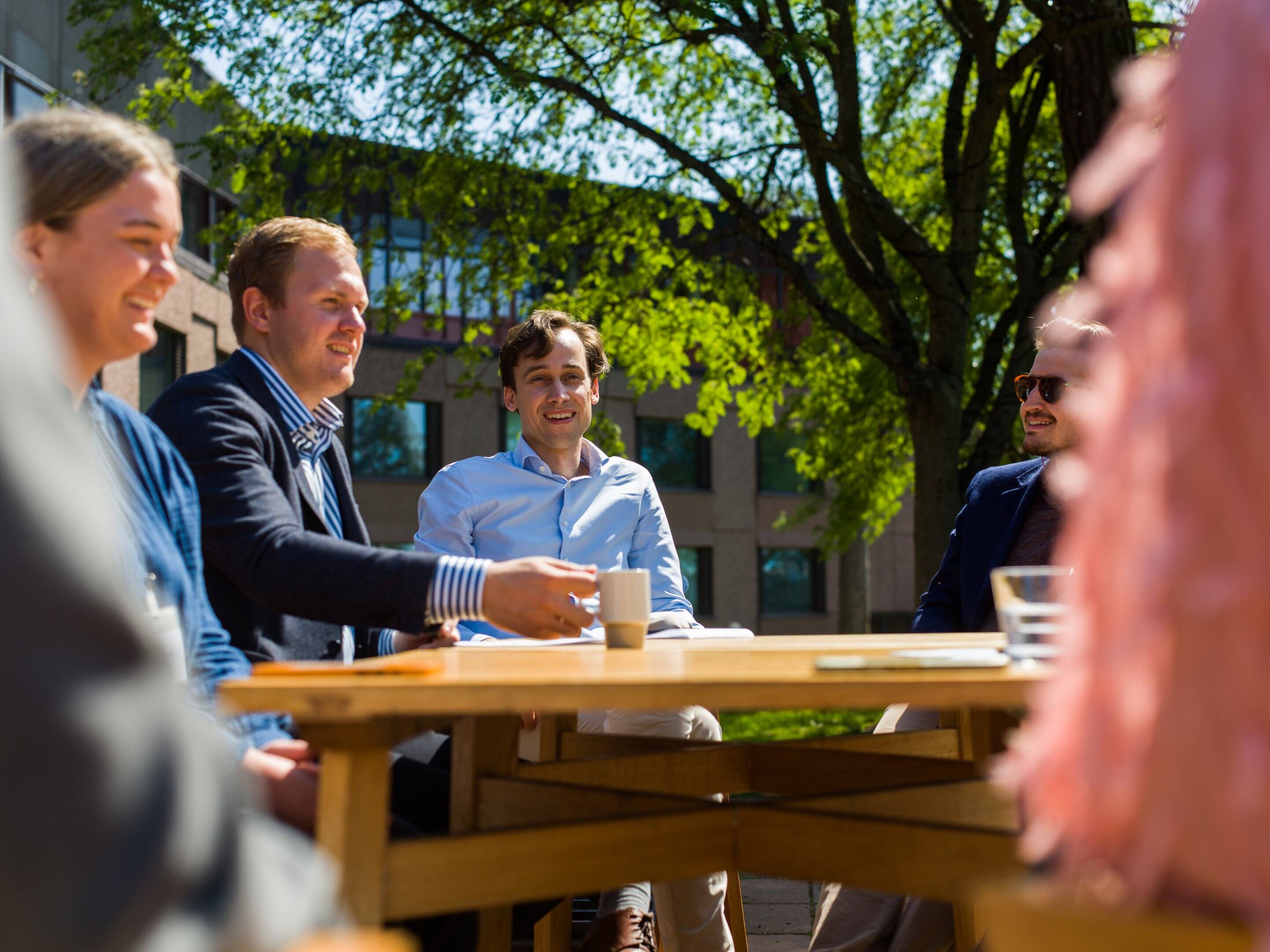

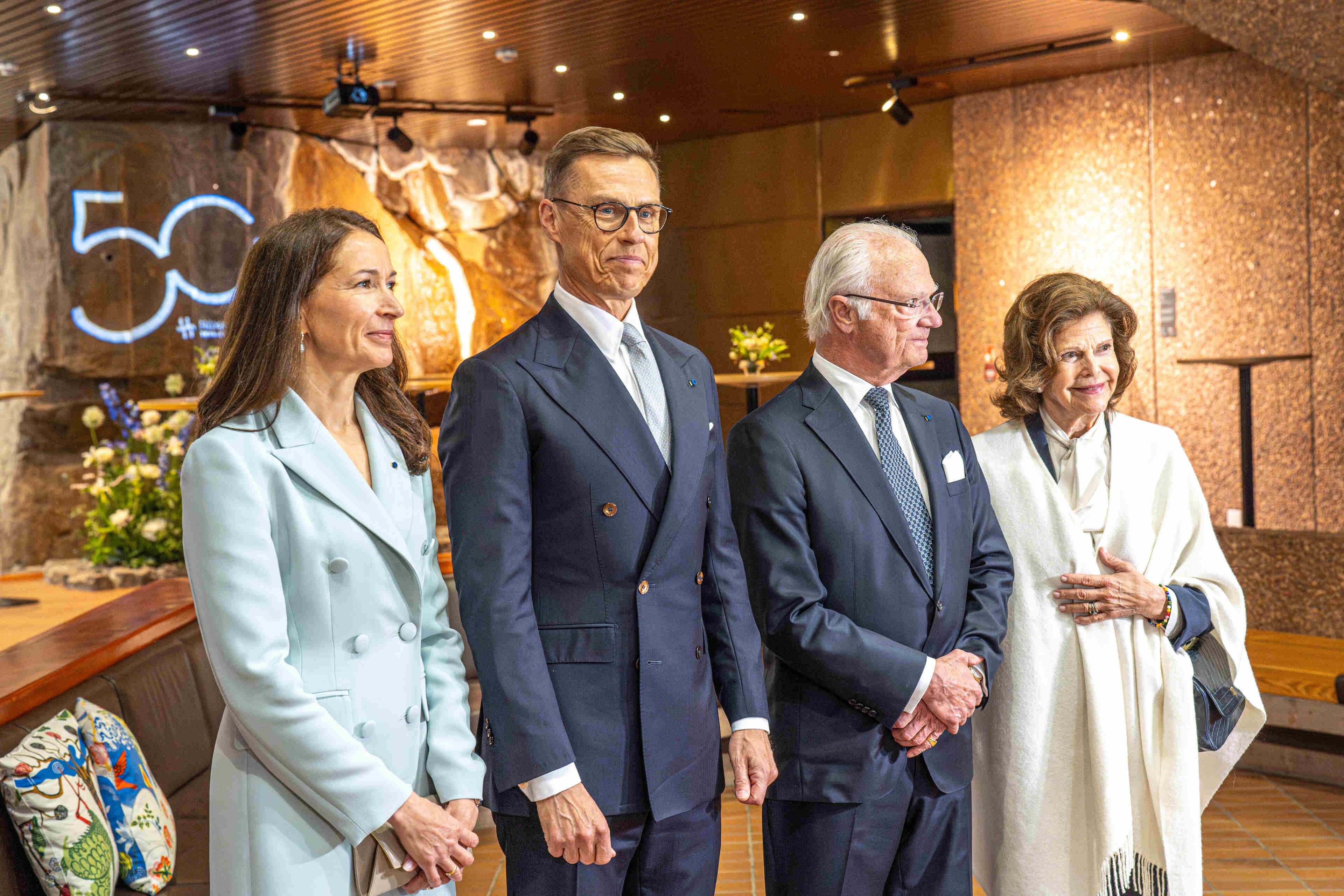

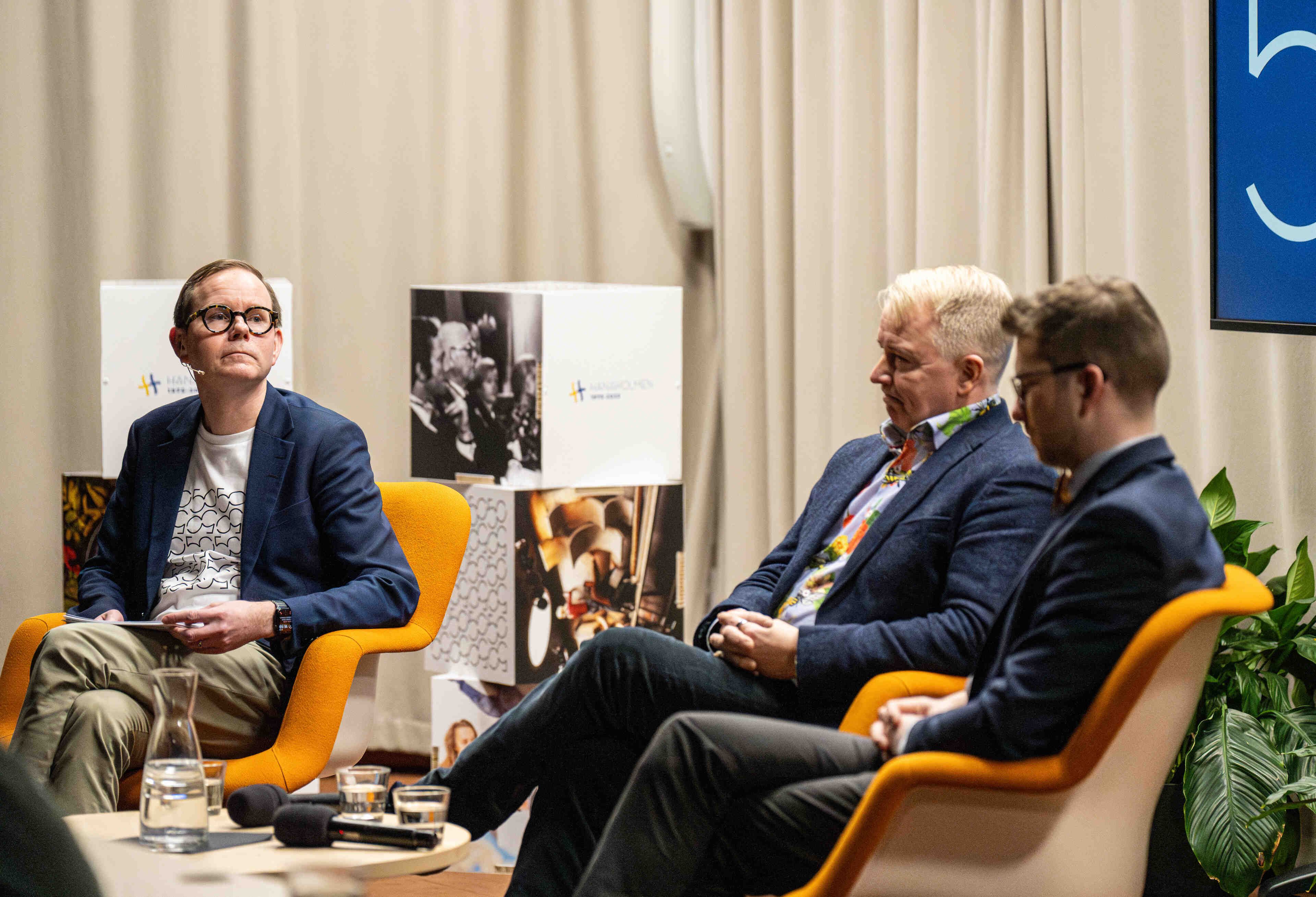
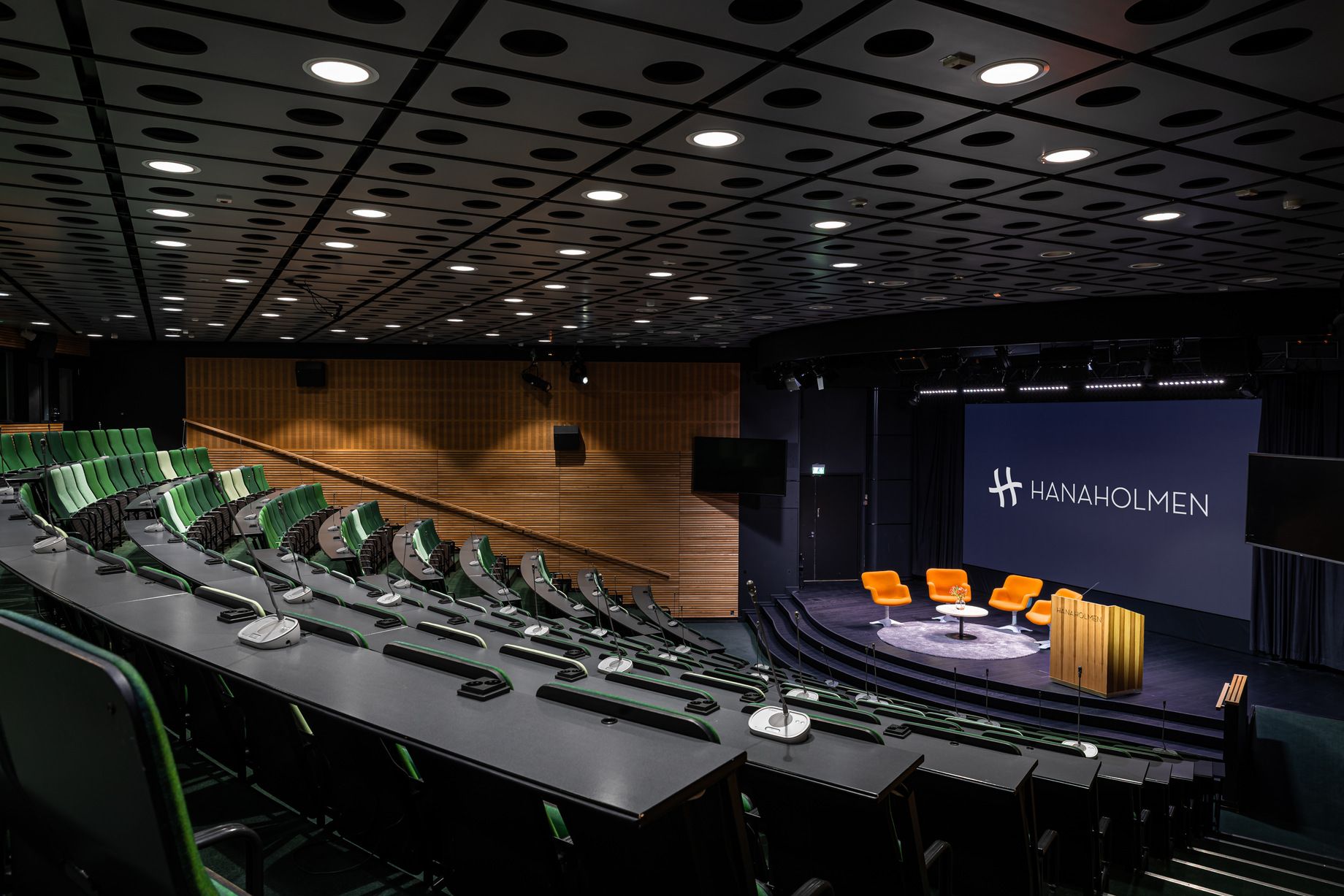
Hanaholmen is a cooperation- and cultural centre for Sweden and Finland, as well as a hotel with a high-quality restaurant and excellent opportunities for meetings, conferences and events. Hanaholmen runs long-term collaborative projects and organises seminars about current social issues. Hanaholmen also administers four bilateral foundations.
You can enjoy our festive atmosphere until 21 December, when we close the doors at 12.00.
We are looking forward to welcoming you to Hanaholmen again
on the 9th of January 2026 at 7.00 am.
We would like to thank all our guests for a great anniversary year and
and wish everyone a peaceful holiday season and a happy New Year 2026!


Art, culture & entertainment | 31.1.2025−30.6.2026
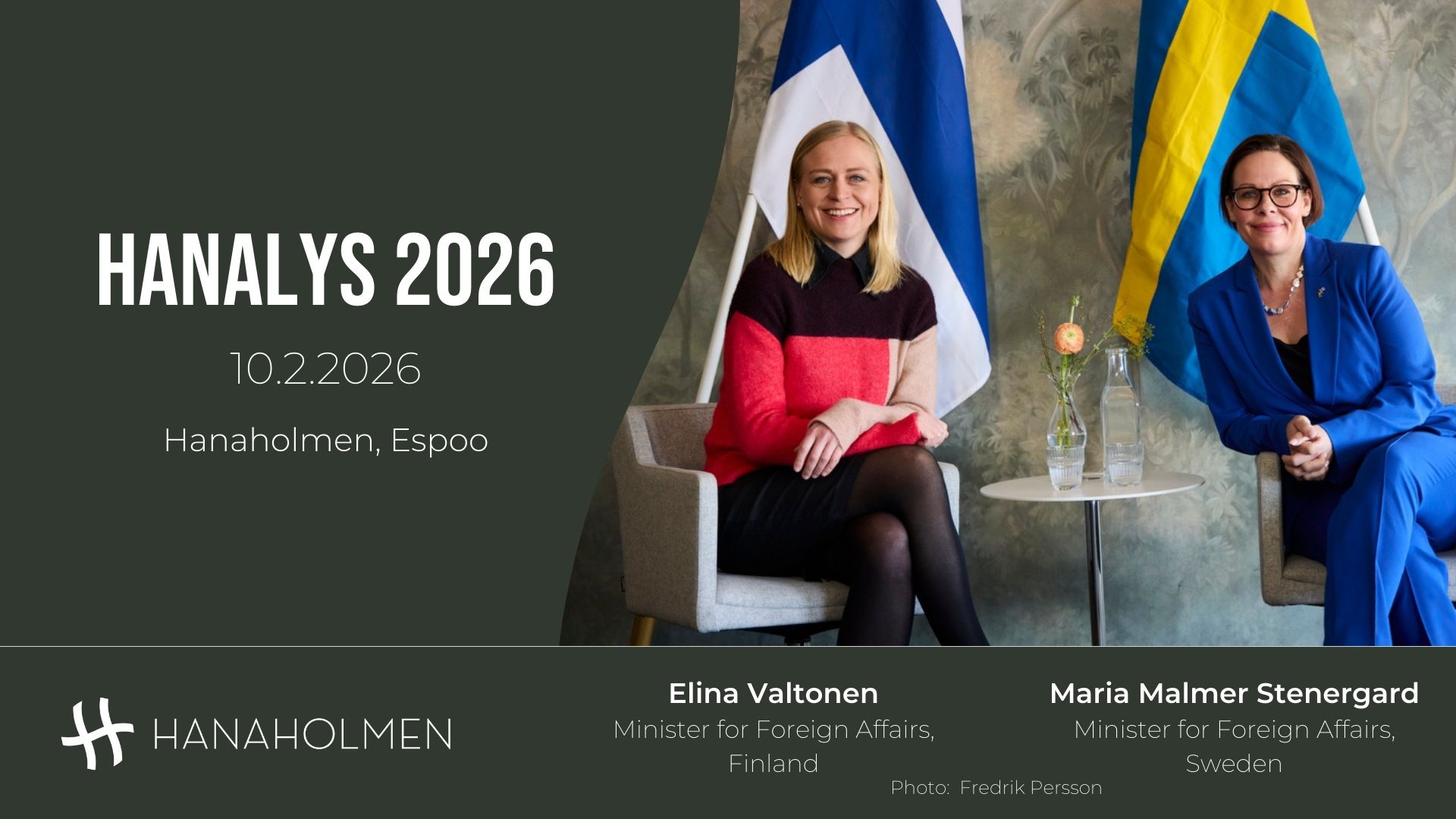
Society, politics & business | 10.2.2026
The Wine & Dine dinner concept is a tailor-made experience where our head chefs showcase PLATS’s award-winning northern gastronomy, and our sommeliers present the finest selections from our wine collection.
The dinner is enjoyed in our private, intimate dining room, where the archipelago scenery provides the perfect backdrop. This seven-course masterpiece is crafted from the freshest and finest seasonal ingredients. Each dish is thoughtfully paired with unique wines that elevate and complement the flavors.
Book now for the most atmospheric dinner experience of the season!
Read more
The Hanaholmen hotel is a unique combination of 70s architecture, design classics, Nordic art and a peaceful archipelago atmosphere.
We are located just a few kilometres from the centre of Helsinki, near Keilaniemi and Koivusaari.
Hanaholmen is ideal for both business and staycation guests and our staff and sales service will be happy to help you plan your stay.

Hanaholmen offers a wonderful setting amidst the archipelago nature for meetings, banquets, cocktail parties, weddings and family celebrations.
We can help you plan your event in terms of facilities, technology, catering, accommodation and ancillary activities.
Request a quoteMeeting services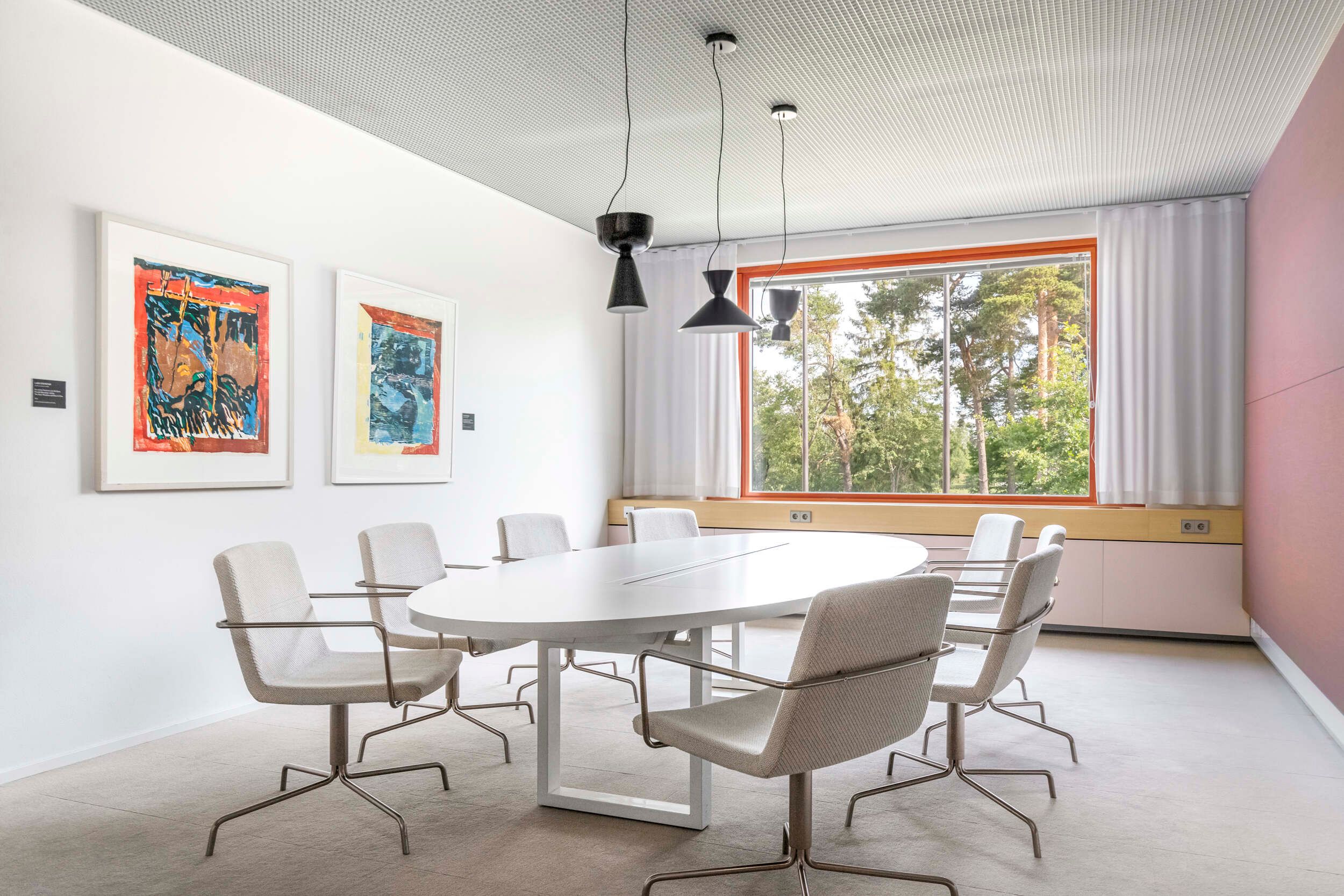
Established
The Cultural Centre at Hanaholmen was opened on 1 June, 1975 by King Carl XVI Gustaf and President Urho Kekkonen.
Read moreDigital & physical programs
Hanaholmen's mission is to promote co-operation between Sweden and Finland across all areas of society.
Our eventsHotel rooms
Hanaholmen´s spacious rooms are decorated in a Nordic style and are filled with natural light.
Book a roomEmployees
Hanaholmen´s work is guided by the following values: trust, openness & integrity, joy and sustainable development.
Our personnel